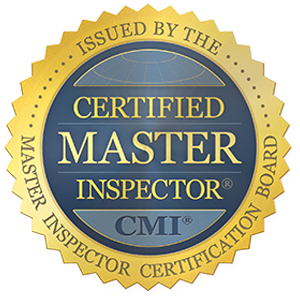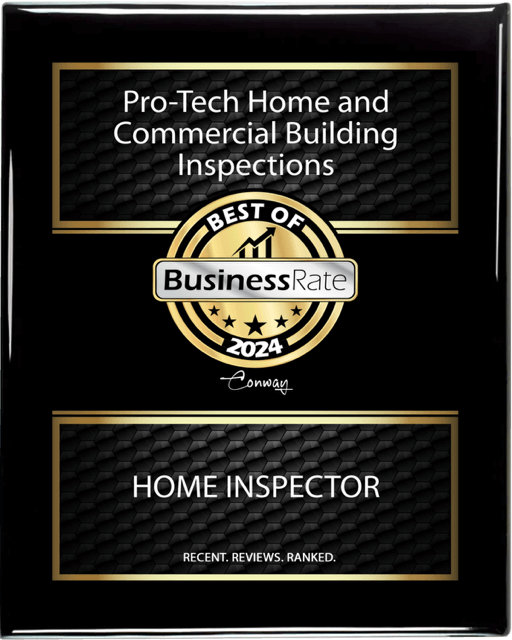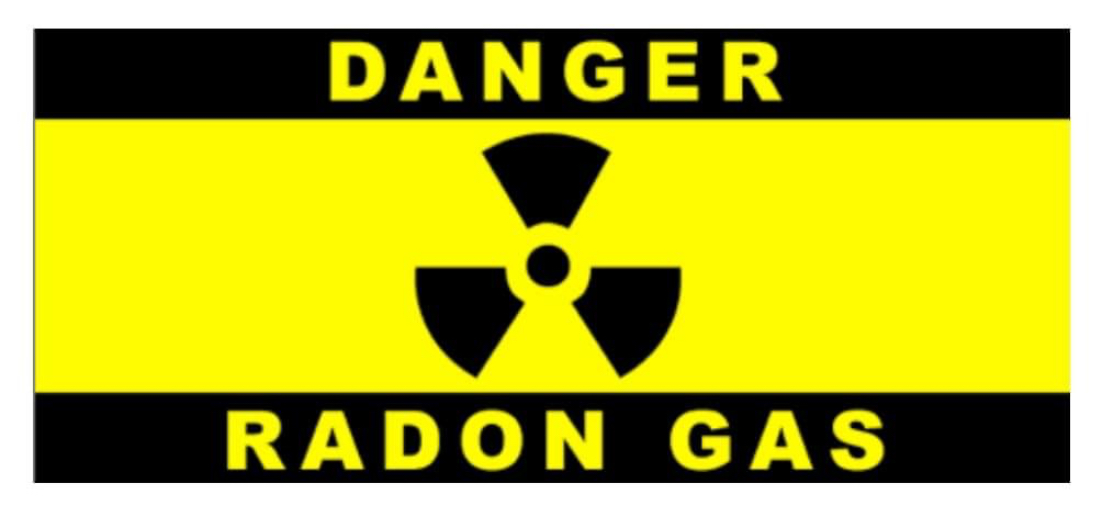Outdoors, radon will naturally dissipate harmlessly into the atmosphere as it rises through the crust. But in homes, it can become trapped, which is dangerous for the health of you and your family. Radon is colorless and odorless, and it is extremely carcinogenic. According to the EPA, radon is one of the leading contributors to the development of lung cancer, behind only smoking. For this reason, regular radon testing is key whether you’re a homeowner, or you’re interested in purchasing a home. Learn more below.
Why Are Radon Tests Important? Understanding The Benefits
The biggest benefit of radon testing is peace of mind. Radon has no smell, taste, or color, and beyond contributing to the development of lung cancer, radon exposure has no symptoms that can be identified by a doctor. That means a radon test is the only way to make sure your home has a safe level of radon.
Radon tests can also save you money if you’re trying to sell your home, because you can provide information about radon levels to potential buyers, and ensure you meet local codes related to radon compliance. The EPA also recommends that you test for radon when buying a home. That way, if high levels of radon are detected, you can request that the home seller install mitigation features, or you can back out of the purchase by utilizing your home inspection contingency.
Radon Remediation Explained:
Radon remediation refers to the process of reducing radon gas levels in your home to safe, breathable air. This often involves installing a system that draws the gas out from beneath your foundation and vents it safely outdoors. Sealing cracks and other openings in your foundation can also be part of the process. By taking these steps, you can significantly reduce your risk of exposure to this harmful gas.
Ensuring your home’s safety is our priority. We offer comprehensive radon testing services to identify potential risks, followed by effective remediation solutions for complete peace of mind. Our expertise lies in providing a seamless experience, from initial testing to final remediation, so you can breathe easy knowing your home is safe.




